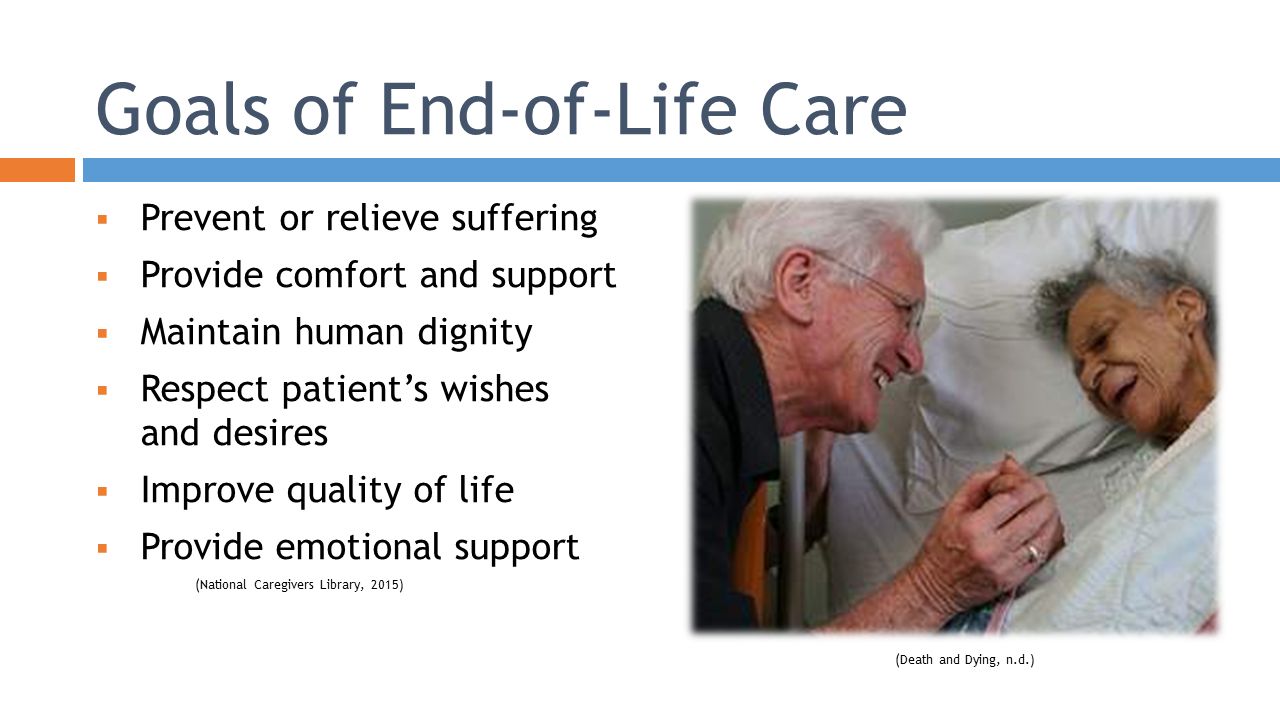What is End of Life Care?
In what ways does end-of-life care differ from other types of care?
A person who is thought to be in their final year of life is supported and cared for through end of life care. When it comes to determining if someone is in their final year of life, it can be difficult to tell so . Therefore, some people may only receive end-of-life care in the months, weeks, or days before their death. So What is End of Life Care?
People should be able to die with dignity at the end of their lives. This care aims to ensure that they are as comfortable as possible.
How is palliative care defined?
There is a significant difference between hospice and palliative care when it comes to supporting people who are in their last months and years of their lives. Palliative care is the treatment, care, and support provided to people who are suffering from life-threatening conditions. ‘Terminal’ illnesses cannot be cured, and they are sometimes described as life-limiting illnesses. In addition to motor neuron disease and advanced cancer, there are other life-threatening illnesses. There is no requirement that an individual receives palliative care when they are near death. Palliative care is available to anyone who is suffering from an illness. There are many cases where palliative care is used for several years before someone passes away. It is the goal of palliative care to help people live as long as possible with a high quality of life. Then they will be more able to enjoy their life while they still have time left.
End-of-life and palliative care multidisciplinary teams
People with palliative or end of life care may receive care from many different kinds of professionals. People may require varying levels of multidisciplinary input based on the type of support and care they require. Whether in the home, within a nursing home, within a hospice, or within an acute hospital setting, supporting people who are in their last months and years of their lives and palliative care are ways to provide comfort to people who are facing the end of their lives.
Care for people palliatively and at the end of their lives is often provided by the following healthcare and social care professionals:
-
The dieticians
-
Therapists who specialize in occupational therapy
-
Community or district nurses
-
Workers in the social sector
-
The physiotherapists
-
Palliative nurses and care doctors
-
Workers in the care sector
-
The general practitioners
-
Professionals who provide spiritual care, such as chaplains
